Crisis at Porsche: WEC exit on the horizon?
Bad news seems to be coming from Porsche today—especially from the endurance racing world. According to various international media outlets, Porsche is reportedly considering leaving the World Endurance Championship within the next few years. The Stuttgart-based company has a confirmed plan to stay in the top endurance series until 2027. But this commitment may be reviewed on a year-by-year basis.

But why the change of heart? It appears that Porsche is currently struggling with low registration demand in the Chinese market—traditionally one of its most profitable regions. On top of that, increased import tariffs to the U.S. are further complicating exports, driving up the final retail price for buyers. If you’ve read the article about the new 2026 Porsche Turbo S, you’ll know that the latest gem from Stuttgart is now reaching close to $300,000. It’s certainly a high-end product—but rising prices, partially due to tariffs, could begin to weigh on its appeal.
More and more import tariffs from USA and China favors homegrown electric vehicles.
Not only are final consumer prices rising, but manufacturers like Porsche are also facing higher costs for sourcing parts and components from the U.S.—a significant challenge for any automaker. Another major issue is the electric transition. Porsche is one of the brands that, in recent years, has radically reshaped its lineup, moving towards full electrification. The next-generation Macan will no longer be available with a combustion engine. The Taycan has already replaced the Panamera in many markets, and the upcoming 718 platform, which underpins the next Cayman and Boxster, will be offered exclusively with electric powertrains.
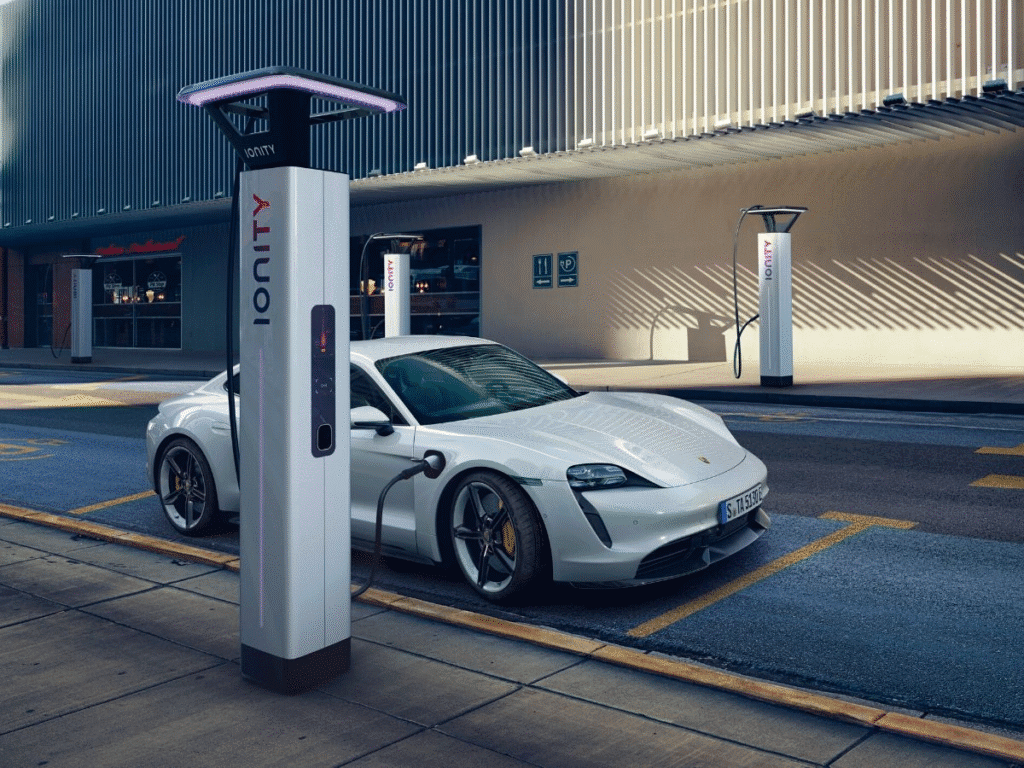
This shift has been heavily influenced by European regulatory policies but doesn’t seem to be fully aligned with market interest—and ultimately, it’s the market that decides.
So, will we no longer see the Porsche 963 on the grid? According to Thomas Laudenbach, Porsche’s Head of Motorsport, no final decision has been made yet. He stated that it’s still too early to comment on the future of their WEC and IMSA programs, suggesting that the door is still open—for now.
Porsche: The market needs intermediate steps for electric transition
What we fail to understand is why so many automakers have rushed blindly into the electric future without having solid foundations in place. There’s still no clear path to a fully electric world (and frankly, we hope there won’t be one anytime soon). Hybrid powertrains and alternative fuels that can work with traditional combustion engines should remain viable options. Pushing innovation too aggressively in just one direction is rarely a wise move.
The market needs time to adapt to change—and as a manufacturer, you need to assess whether consumers are genuinely satisfied with your new product. Flipping your entire product strategy without offering alternative solutions (like hybrid or combustion models) can lead to the very crisis Porsche seems to be facing right now.
And let’s not forget the Chinese market’s ambition to dominate the electrified vehicle space. China aims to feed its own industry by favoring domestic brands, making it increasingly difficult for foreign manufacturers like Porsche to remain competitive in a segment they’ve heavily invested in for the future.
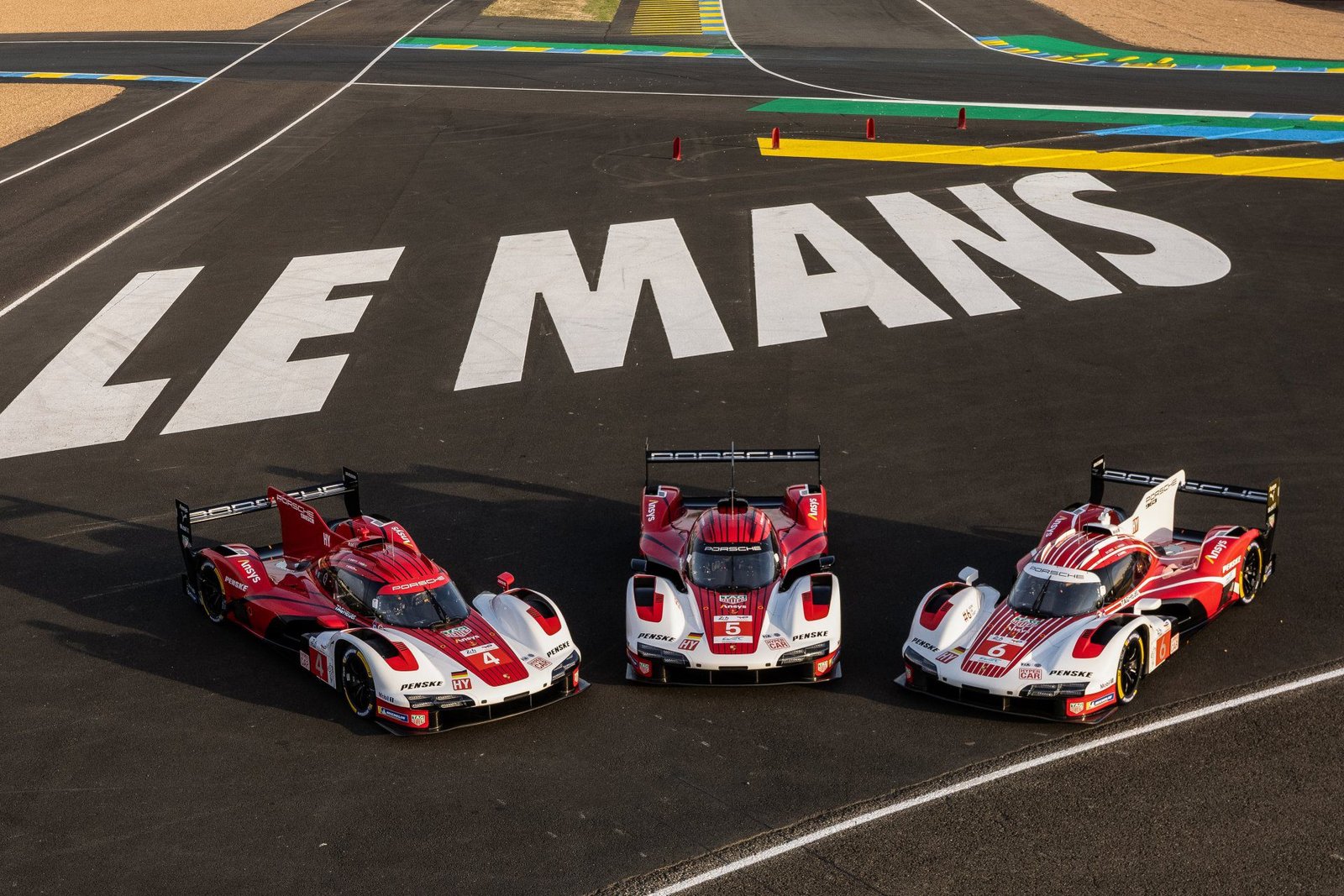

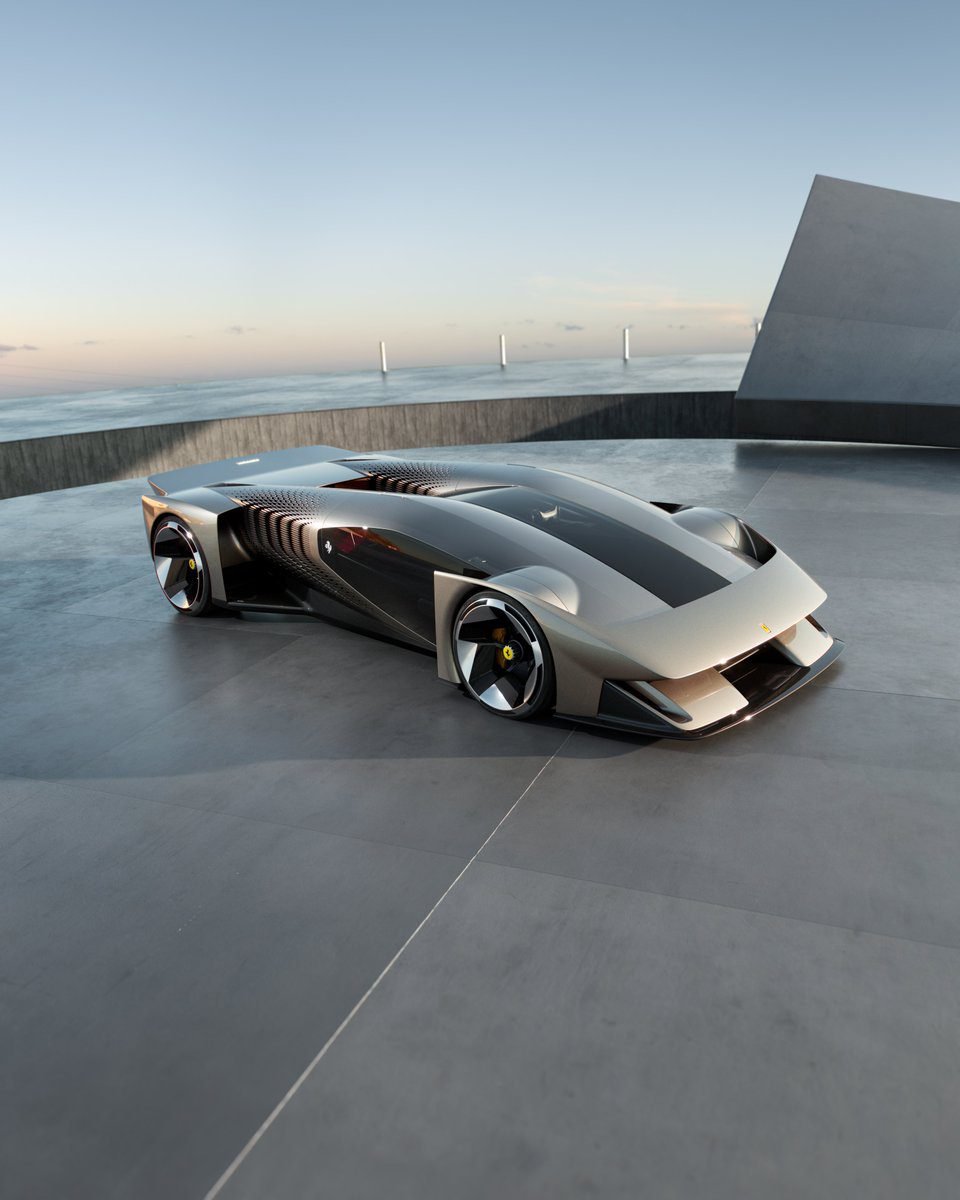
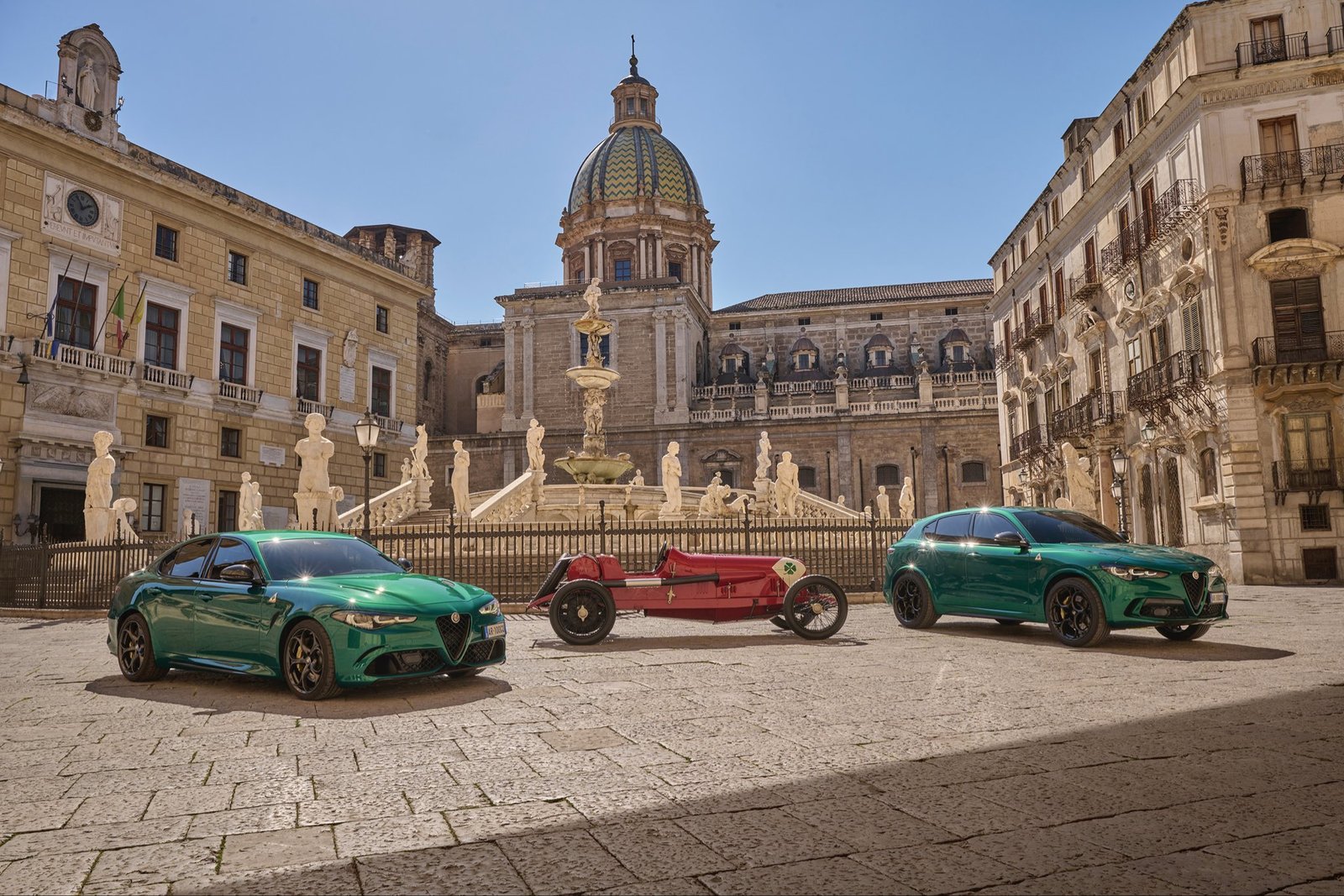
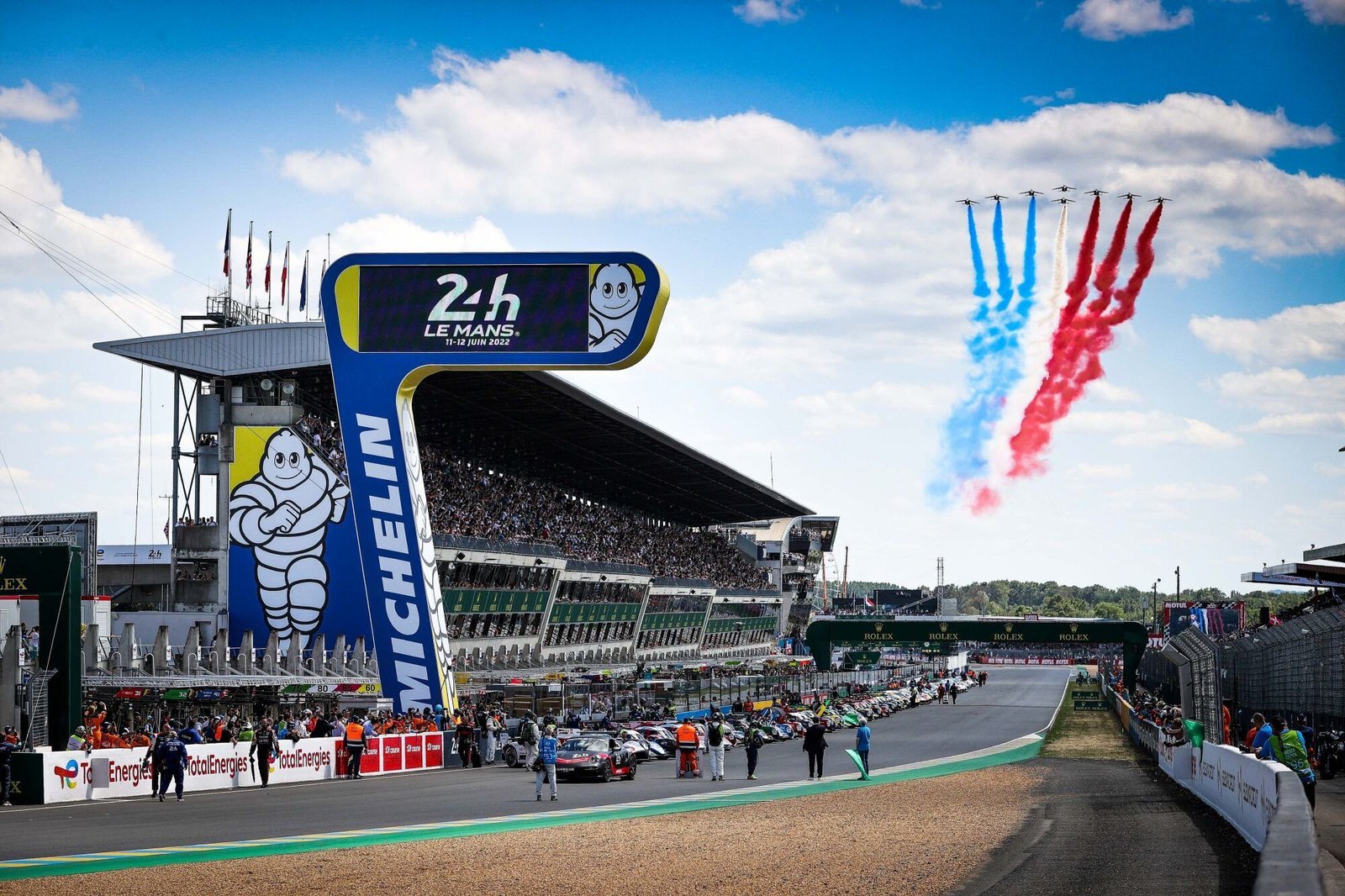

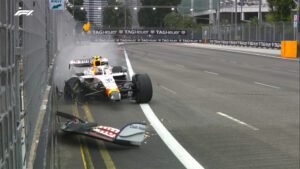
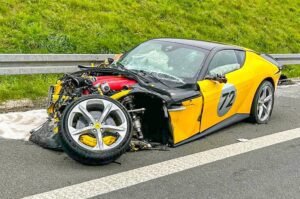

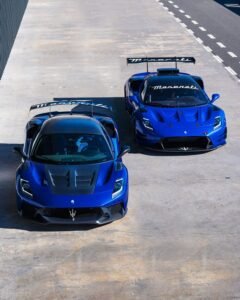
Post Comment